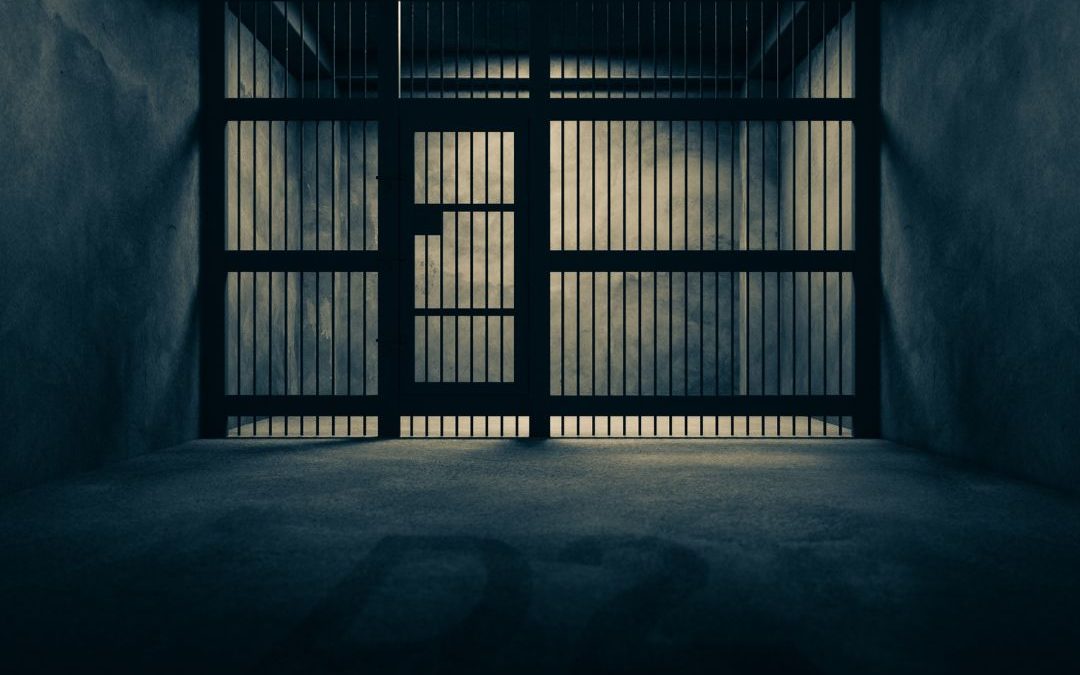Wrongfully Convicted – Introduction
The criminal justice system, while designed to uphold law and order, is not infallible. There are instances where individuals are wrongfully convicted for crimes they did not commit. This unfortunate reality raises significant concerns about the integrity of the justice system and the devastating impact on the lives of those wrongfully convicted. This article explores what happens when someone is wrongfully convicted and the measures in place to rectify such injustices.
Understanding Wrongful Convictions
A wrongful conviction occurs when an innocent person is found guilty of a crime they did not commit. These miscarriages of justice can arise from various factors including false confessions, misidentification by eyewitnesses, prosecutorial misconduct, inadequate legal representation, or flawed forensic evidence.
The consequences of being wrongfully convicted are profound and far-reaching. They extend beyond the individual’s immediate loss of freedom to include long-term psychological trauma, social stigma, and economic hardship. The ripple effects also impact their families and communities.
The Legal Journey After a Wrongful Conviction
When someone is wrongfully convicted, their journey to seek justice does not end with their conviction; it merely takes a different path. The first step typically involves appealing the conviction within the state court system. If unsuccessful at this level, they may then appeal to federal courts or even petition for a writ of habeas corpus – a legal procedure that challenges the legality of one’s detention.
In some cases, new evidence may come to light after a conviction that can exonerate an individual. This could be DNA evidence proving innocence or information that discredits key prosecution witnesses or evidence used in trial.
Role of Innocence Projects and Non-Profit Organizations
In recent years, non-profit organizations such as Innocence Projects have played an instrumental role in helping those who have been wrongfully convicted. These organizations work tirelessly to investigate claims of innocence from prisoners and advocate for their release. They also push for reforms in the criminal justice system to prevent future wrongful convictions.
The Innocence Project, for instance, has been instrumental in the exoneration of hundreds of wrongfully convicted individuals, primarily through DNA testing. Their work highlights the systemic issues that contribute to wrongful convictions and underscores the urgent need for reform.
Compensation and Reintegration into Society
Once a wrongfully convicted individual is exonerated, they face the daunting task of rebuilding their life. Some countries have compensation laws in place to provide financial restitution to those who have been wrongfully incarcerated. However, these laws vary widely in terms of eligibility requirements and the amount of compensation awarded.
Beyond financial compensation, exonerated individuals often require extensive support to reintegrate into society. This can include mental health services, job training, housing assistance, and help reconnecting with family members.
Preventing Future Wrongful Convictions
While it’s crucial to address the needs of those already wrongfully convicted, it’s equally important to implement measures that prevent such miscarriages of justice from happening in the first place. This includes improving police investigation procedures, ensuring access to competent legal representation for all defendants, implementing rigorous forensic science standards, and promoting transparency and accountability within prosecutorial offices.
Conclusion
The issue of wrongful convictions is a grave one that exposes deep-seated flaws within our criminal justice system. It calls for concerted efforts from all stakeholders – from lawmakers and law enforcement agencies to non-profit organizations and ordinary citizens – to ensure justice is served rightly.
While we cannot undo the harm caused by wrongful convictions, we can strive towards a system that minimizes such errors and provides adequate support for those affected by them. The fight against wrongful convictions is not just about correcting past injustices; it’s about shaping a fairer and more equitable future for all.


Very nice info and straight to the point.
I am not sure if this is actually the best place to
ask but do you guys have any thoughts on where to get some help? Thx 🙂 Lista escape roomów
Rattling wonderful information can be found on site..